Landfill Becomes Park
Author: Tucker Birmingham, Upstream Alliance
At the corner of State Street and Harrison Avenue in Camden, N.J., next to the Kroc Center and a few blocks down from an elementary school, sits a clear demonstration of the city’s recreational renaissance. Originally used as a dump in 1951, the Harrison Avenue Landfill is perched at the confluence of the Delaware and Cooper rivers, in the heart of Camden’s black and brown communities. For decades this landfill blocked its neighbors from their waters, forcing kayakers and fishermen to trespass a dangerous and toxic area in order to access the Delaware River Back Channel. There’s no other public water access in all of Cramer Hill.
Only three years ago, these 62 acres were nothing but piles of old tires, an unregulated landfill with who-knows-what simmering below the surface and spilling out into the 3,000 feet of shoreline. PCBs and pesticides leaked into the river, polluting Camden’s drinking water and poisoning the natural spaces.
Migratory fish once passed by this space to travel up the Cooper River to their breeding grounds. Colonial America grew from the schools of shad passing between Camden and Philadelphia, and the residents could swim and fish and boat around Petty’s Island.
Eventually, industry moved into the area, factories grew along the banks of the rivers. They dumped their untreated byproducts into the river and contributed solid waste to the Harrison Avenue Landfill. Cramer Hill’s “Trash Mountain” carried the burden of hiding the refuse of a growing city, only to be abandoned by the city in 1971.
Nearly 50 years later, in 2018, the New Jersey Department of Environmental Protection began to close and cap the landfill. The Office of Natural Resource Restoration, led by David Bean, has now completely remediated the site, closing this wound in the city, and turning the space into an amenity for the underserved population.
Thanks to the people at the ONRR, we had the opportunity to see for ourselves the incredible transformation.
Dressed in safety gear, we toured the new park with Congressman Donald Norcross (D-N.J.), state Senator Nilsa Cruz-Perez (D-5th), and several other South Jersey political figures who worked to make this park possible.
Soon to be known as Cramer Hill Waterfront Park, the former landfill has been covered with several feet of clean soil. The soil and solid waste will need about a year to settle and define the shape of Cramer Hill Waterfront Park. It will open in the fall of 2021.
The trees have just been put into the ground, and the native semi-aquatic plants have protective netting to keep the Canada geese at bay until they are more established. The hiking trails form a winding path through the park, leading ever upward to the highest peak in Cramer Hill. Now known as the “summit vista”, it has panoramic views of the two rivers and the Philadelphia skyline. All of us couldn’t help but stop and take in the view; some took advantage of the “selfie slot” carved into the decorative granite pieces.
Cramer Hill Waterfront Park has everything the community requested, from a fitness area to a playground, but most importantly it has what Cramer Hill has always lacked: a public kayak access and fishing pond.
Two acres of garbage were excavated to make the kayak channel and pond, with catfish boxes hidden beneath the water near the fishing plaza. The kayak access will allow residents to paddle from Cramer Hill across the Delaware river to Philadelphia, or to travel along the Cooper River to connect with the rest of Camden County.
This kayak access will serve as the head of the county’s planned 13-mile water trail, following the Cooper River’s natural path through the county parks, all the way to the Parks Department Headquarters in Cherry Hill. People will be able to enter the river anywhere and paddle their way to the waterfront park. An eight-mile greenway is expected to run alongside the water trail, eventually connecting to the 32-mile Camden County Link Trails, opening the park to bikers and pedestrians.
The people of Camden–Cramer Hill and North Camden in particular–will finally have access to waterways they have been blocked from for decades. Children will be able to fish for the first time in the waters of the Delaware, and have green space so often lacking in urban areas. After being locked-down for most of 2020, Camden is yearning to get outside and explore the trail system and hidden waterways. Much like the shad, the people are returning to the water and reclaiming their rivers.

